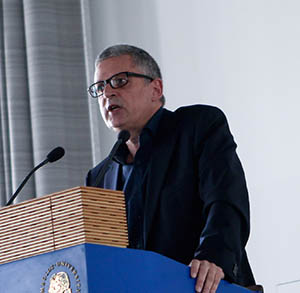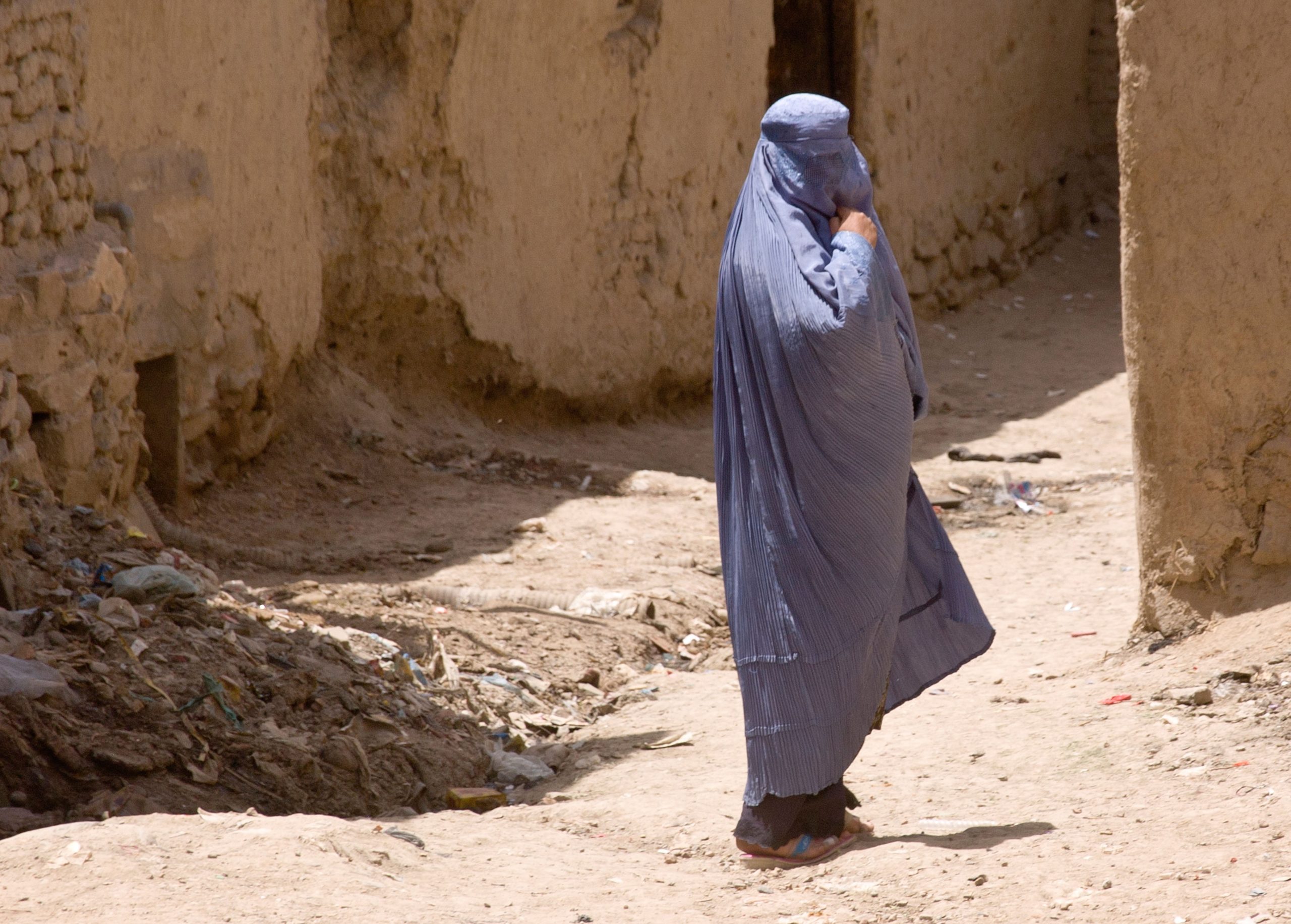The University of Cape Town rescinded an invitation to journalist and editor Flemming Rose, who had been scheduled to deliver the annual TB Davie lecture on academic freedom in August. In 2005 Rose commissioned the cartoons of the prophet Mohammed that sparked protests and riots across the world.
Regarding my thoughts on the matter and the arguments put forward as motivation for taking back the invitation I find three things important:
1. I find it disgraceful that the Vice-Chancellor Mr. Max Price puts the blame on me instead of taking responsibility for his decision. He is afraid that some people might react in certain ways to my presence. That’s not my responsibility. If they choose to act in a way that concerns the VC, it’s their decision, not mine. The VC has to hold them responsible for their actions, not me. It’s the heckler’s veto. Mr. Price talks about “the harm that unlimited freedom of expression could cause.” I don’t know any person including myself who is in favor of unlimited free speech, that’s a caricature of free speech activists. What I oppose is the kind of “I am in favor of free speech, but”-position that Mr. Price provides a classic example of. His approach to free speech would make it possible to ban any speech.
2. Mr. Price is misrepresenting my position. He writes: “Mr. Rose is regarded by many around the world as right wing, Islamophobic, someone whose statements have been deliberatively provocative, insulting and possibly amount to hate speech, and an editor of a publication that many believe took a bigoted view of freedom of expression.” He adds that I am defender of “selective blasphemy”. What are the sources for these accusations? An article from 2006 at the height of the cartoon crisis, when a lot of unchecked information and rumors were making the rounds, among them that I was working for Mossad, the KGB’s successor in Russia and the CIA. My guilt seems to be that I have met and interviewed Daniel Pipes. The other source is a review of my book The Tyranny of Silence: How One Cartoon Ignited a Global Debate on the Future of Free Speech by a Danish professor who has been biased against me and Jyllands-Posten from the outset.
I find it strange that the VC uses Peter Hervik’s review as a source of authority. Hervik labels me a “radical rightwing activist” without defining what he means by that and even worse without quoting anything from what I have said and written. I am a classical liberal. I do not defend selective blasphemy, I defend the right to blasphemy as such. To provide you with an impression of his approach let me quote from the review. He writes about me:
“Not least his enormous urge to gather any news coverage from around the world in order to show that ‘I was right and that others were wrong’.”
Sounds a bit like a fanatic, or at least that’s the impression he wants to convey.
This is what I actually wrote:
“At first I wanted to document that I was right and others were wrong. But along the way, I found out that I needed to look inward, to reflect on my own story and background. Why was this debate so important to me? Why was I from the outset, almost, instinctively, able to identify the core issue… I am fully aware that other versions exist that are no less true than my own; in some cases they may be even more complete.”
“I do have strong opinions when it comes to certain things. But I am not a person who takes an instant stand on just anything. I am a natural skeptic. I ponder at length and lose myself in layers of meaning and the many sides of an issue, I don’t see that trait as a flaw: It is the condition of modern man and indeed the core strength of secular democracies, which are founded on the idea that there is no monopoly on truth. Doubt is the germ of curiosity and critical questioning, and its prerequisite is a strong sense of self, a courage that leaves room for debate.”
A bit different than Hervik’s version, right?
To me this looks like a deliberate distortion of I was trying to say in that paragraph. Disagreement is necessary and fine but we have to present the point of view of our opponents in a more or less fair way. Anyone who needs to misrepresent the point of view of his opponent usually has a bad case.
It’s really a sign of poor judgement and bad academic standards to disinvite me on the basis of what other people say about me, when I have published a book that covers my own story, which tells how my views on politics were formed and analyses the history of tolerance and free speech. The book is not only focusing on Islam. I write about the Russian Orthodox’ Church silencing of criticism, Hindu-nationalists attacks on an Indian Muslim artist and so on and so forth. Why use second-hand sources when you can read the primary source in English and make up your mind?
This doesn’t mean that I would favour banning a “radical right wing” speaker, whatever that means. I would defend such a speaker’s right to make his case. After all, that’s the way we learn to argue against points of views that we don’t like.
3. Mr. Price is also getting the facts wrong about Jyllands-Posten and its position. The newspaper published several cartoons ridiculing Jesus, even by Kurt Westergaard, the artist that did the cartoon of the Mohammad with a bomb in his turban. The Jesus cartoons that were refused were submitted by a freelancer not a staffer, so it was like refusing any other article or cartoon by a freelancer.
In my book (the Danish version) I have included some of those and other images. Apart from Westergaard’s I have added Serrano’s Piss Christ and an image by Jens Jørgen Thorsen, a Danish artist who in 1984 painted Jesus with an erection on a public building and cartoons from the Nazi Magazine Der Stürmer, George Grosz’ drawings of a Christ-like figure equipped with a gas mask on the cross next to a canon (World War I) and Manet’s Lunch on the Green Grass. All this to show examples of images that throughout history have caused controversy.
Contrary to what Mr. Price writes, Jyllands-Posten published antisemitic cartoons and cartoons mocking the Holocaust (a full page on 4 February, 2006 at the height of the cartoon crisis) that previously had been published in Arab newspapers. We, like most other Danish newspapers, published submissions to the Iranian Holocaust cartoon contest as well. We did it, not because we support the views expressed in the cartoons (the same point goes for the Mohammed-cartoons) – publication does not mean endorsement. We did it in order for our readers to see what makes people laugh in the countries where many were so upset by the Mohammed cartoons.
Recently I have defended radical imams’ right to hate speech, and I have (in Danish) written favorably about a book by a socially conservative Norwegian Muslim (title: Is it possible to love the Koran and Norway at the same time?).
Also read:
Index on Censorship condemns decision to axe Flemming Rose as speaker on academic freedom
Dr Max Price, Vice-Chancellor of UCT, letter to the academic freedom committee
UCT Academic freedom committee response to Dr. Max Price
UCT statement: Withdrawal of invitation to speaker of TB Davie Academic Freedom Lecture






